
Perth office market bucks global decentralisation trend
The CBD continues to see tenants centralising from suburban markets.
The resilience of WA's economy over the last 12 months as well as the state's ability to contain the spread of COVID-19 has provided support to Perth's commercial real estate sector. According to JLL, with business and consumer confidence figures improving, leasing and investment activity has also picked up since the second half of 2020.
The performance of the resources sector is expected to dictate the overall trajectory in office market conditions. However, other emerging sectors will also provide new demand opportunities for CBD office space.
Here’s more from JLL:
The recovery in leasing activity that was evident over the three-year period between 2017 and 2019 ended abruptly as office workers were forced to work from home. The lockdown in WA was relatively short, allowing conditions in the Perth CBD office market to improve over the second half of 2020.
JLL monthly inspection numbers of prospective tenants have returned to pre-pandemic levels, while the Perth CBD office occupancy rate was the highest of all states in 2020. Despite this, the debate continues as to how offices will be best utilised in the future
Assessing sub-lease vacancy provides an insight into business sentiment and its implications on demand for office space. At a national level, JLL Research 4Q20 numbers showed that headcount reductions and tenant downsizing had translated into an increase in sublease availability across all major Australian CBD office markets. The impact has been less severe for the Perth CBD office market versus other capital city CBD office markets.
The pandemic has impacted all office markets. However, the impact has been different across the major CBD markets. In 2020, Sydney (-278,100 sqm), Melbourne (-188,800 sqm) and Brisbane (-50,100 sqm) recorded the weakest net absorption results, while the impact of the pandemic has been less pronounced for Adelaide (-14,400 sqm) and Perth (-16,300 sqm).
With the resources sector relatively unaffected by COVID-19, base demand for office space in the Perth CBD has also remained consistent. The mining and professional services sectors represent a combined 56.7% of Perth CBD’s overall office tenant footprint.
Government services is the third largest occupier of Perth CBD floorspace at 14.6%. The strength of these sectors over 2020 has ensured that overall office market conditions have remained balanced in the Perth CBD, as opposed to other capital city CBD office markets where sectors such as financial services and IT are more prevalent occupiers of office space.
While remaining a challenging market with elevated vacancy, the Perth CBD continues to see tenants centralising from suburban markets. Lower rents, higher incentives and the availability of quality, fitted-out space continues to drive leasing enquiry and activity. This is in sharp contrast to trends observed globally in light of the pandemic, whereby discussions continue to be held on whether organisations would ultimately look to decentralise operations.
We therefore forecast a modest recovery in leasing enquiry and activity in 2021, in line with an expected recovery in state (and global) economic conditions. The latest DAE forecasts show Perth CBD and West Perth white collar employment growth to average 1.5% per annum over the five-year period up to 2025.


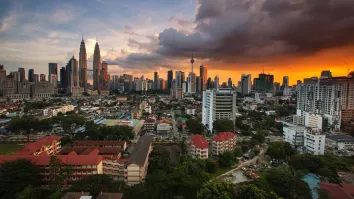



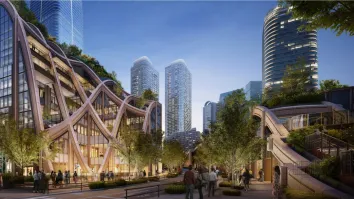
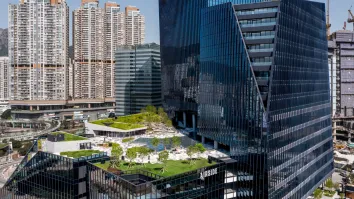




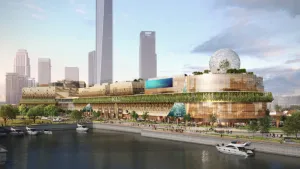

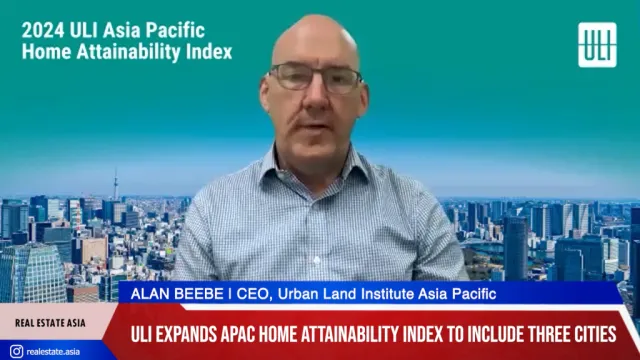

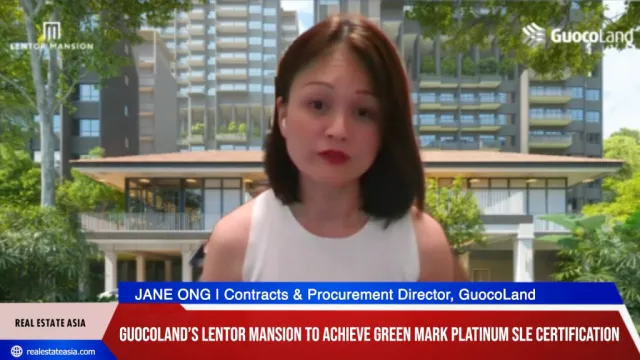


 Advertise
Advertise






